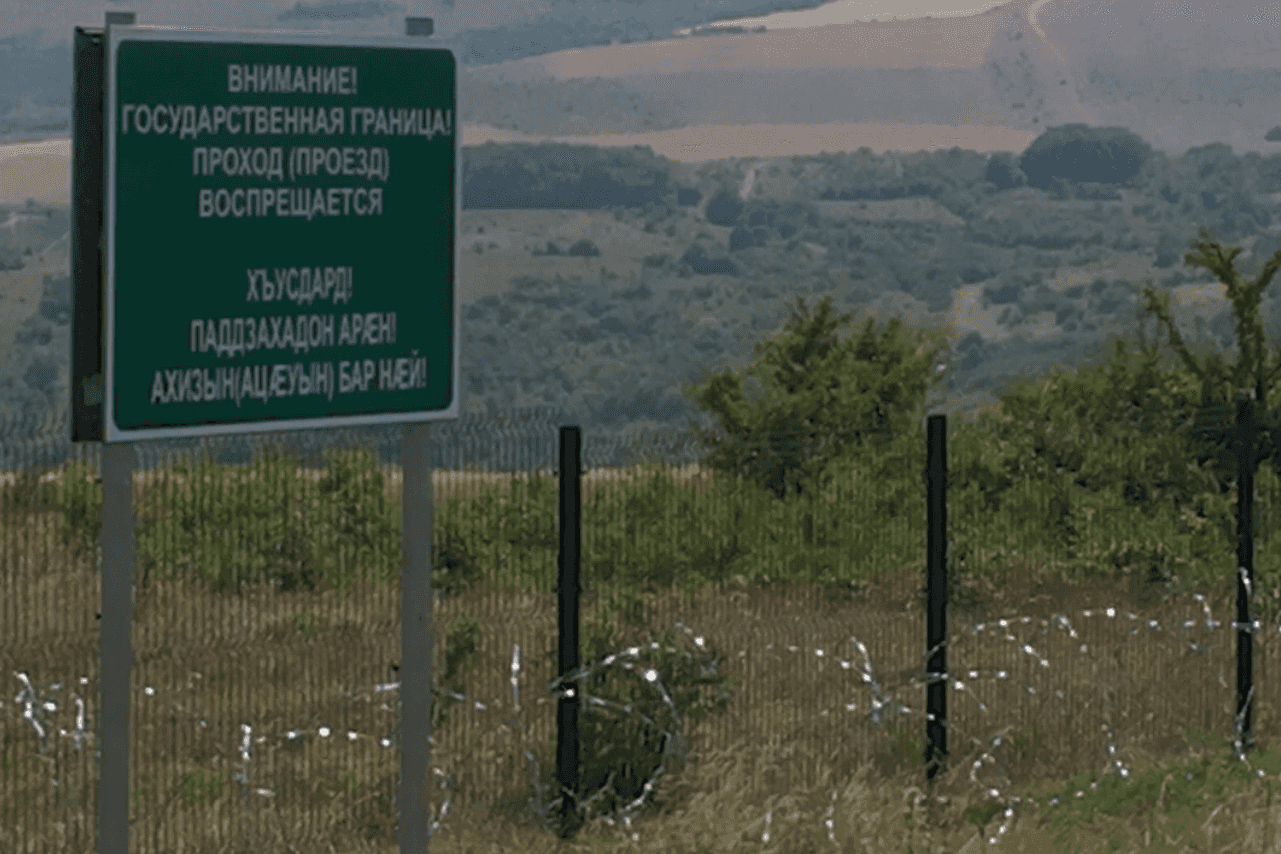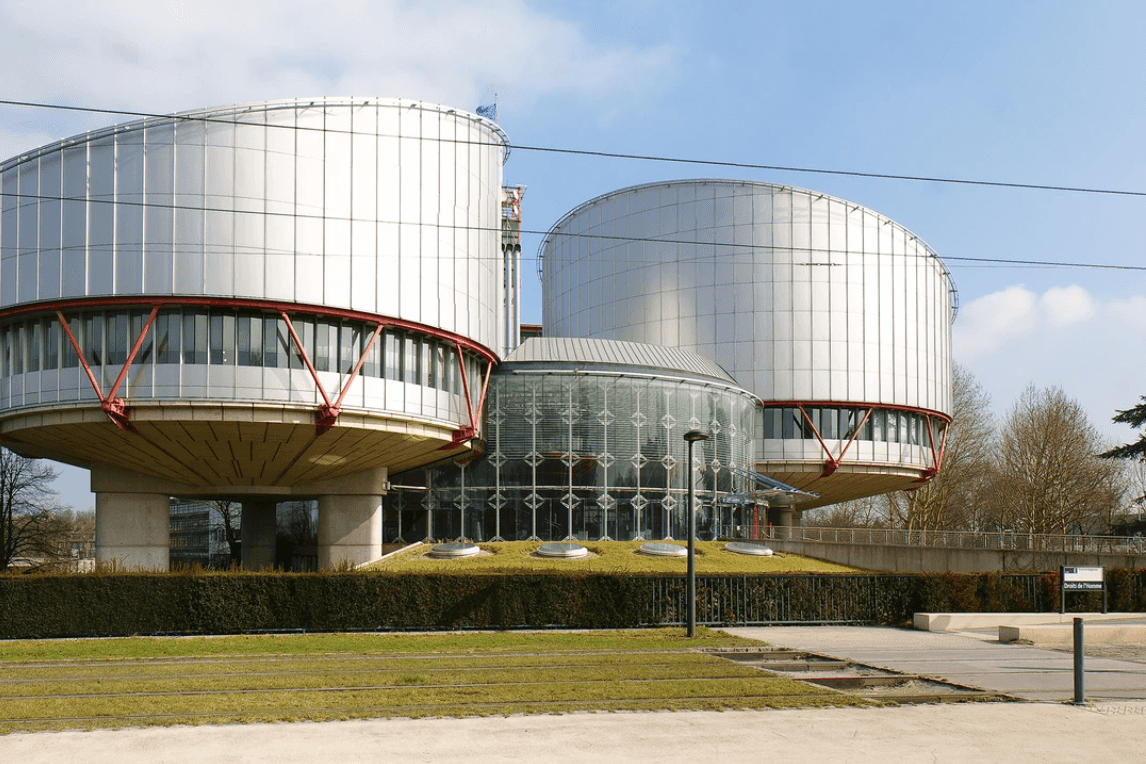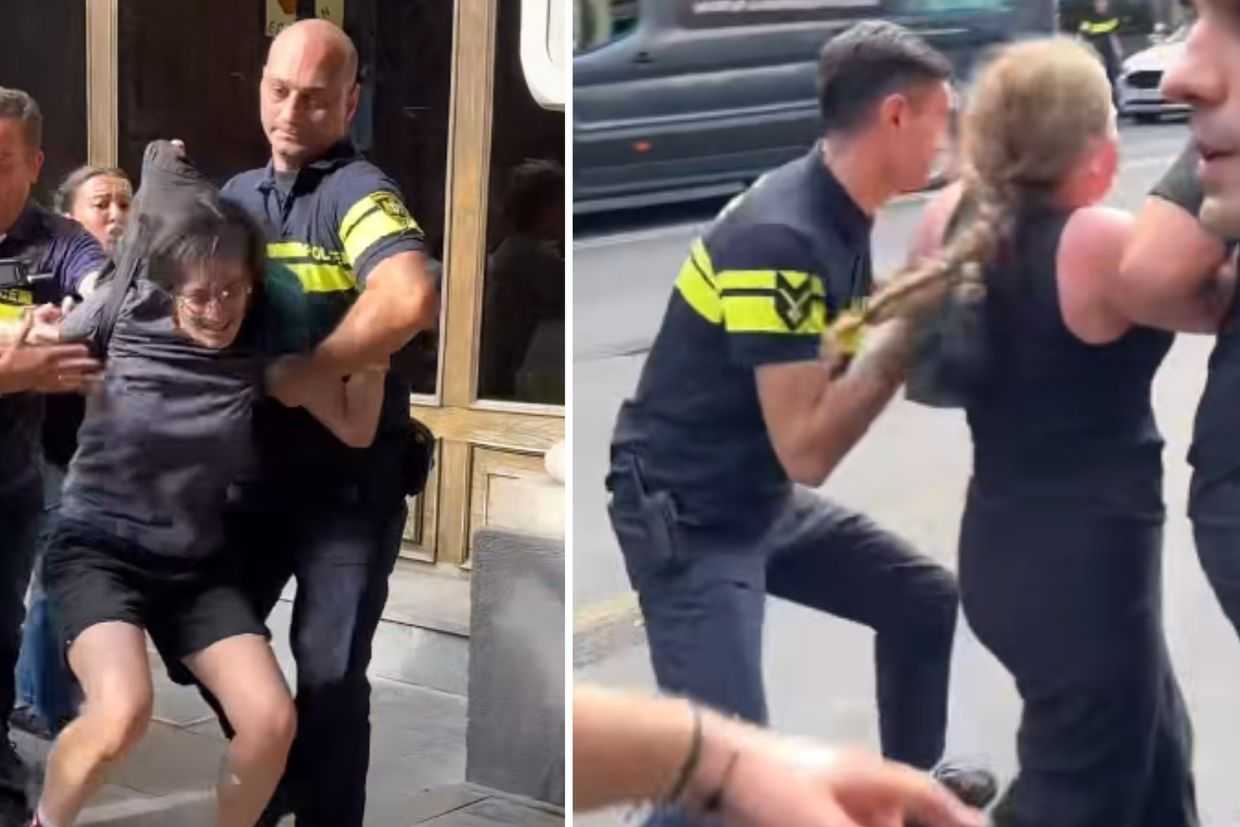Voice from the Georgian–South Ossetian conflict | ‘What has always been and will always be is the hatred towards armed people on the other side’

A D, 34 years old, Tskhinval
 ‘It was in November 1989. I was seven. I remember it was a gloomy day. The whole town was alert. I was little and could not understand anything. What I would hear was that some Georgians came shooting. And then everything started spinning: a blockade began, we would hear that they burnt a village and then another, kidnapped some people and shot some others. Barricades started popping in the town and cross-shootings followed.’
‘It was in November 1989. I was seven. I remember it was a gloomy day. The whole town was alert. I was little and could not understand anything. What I would hear was that some Georgians came shooting. And then everything started spinning: a blockade began, we would hear that they burnt a village and then another, kidnapped some people and shot some others. Barricades started popping in the town and cross-shootings followed.’
‘By the time I realised what the war could mean, they were already near the university campus, where the first barricades appeared. Everybody would gather in the yard to share what they could contribute, even though there was a dire shortage of food. Of course, there was no bread.’
‘And every time we brought food to the militia members, we chatted with them. They would always ask us: How are things going? Where do we find tobacco? You know — we were kids and we knew everything. They would also ask whether we needed something of what little they had. But what would kids want? We were asking for ammo, which was obviously scarce. They would give us shell casings and empty casings, which made us insanely happy. Back then we were allowed to shoot a bullet or two during New Year, even three and then we were happy for the rest of the year. Finally, I fired a gun! This is what our childhood was like.’
‘There were no toys and we had to play with what we could find. We played war games. We tried to find empty shell casings and always played war. Also, we were very excited to see tracers being shot. Our parents were doing everything to protect us from all these hardships.’
‘It looked like peace coming again — but in brackets’
‘Back then, my childish mind perceived what was going around me as a fight between good and evil. I had a feeling that after what I had seen and heard, including those things that Georgian militias would do: how they buried people alive, force women to step down from buses and stand in the river in freezing winter — I felt that we were on the right side, we were fighting for a good cause, and it wasn’t simply a fight for survival.’
‘We all wanted to grow up fast! We grew up. But the war was still around, on and off all the time. I joined the militia when I was around 17. It looked like peace coming again — but in brackets. Sure, people were still being kidnapped, murders and dreadful events were still happening.’
‘I remember my first bit of combat. It was in 2004. In the very beginning of the exchange of fire, and we were on the frontline, and suddenly we saw a missile flying towards us. It exploded just above us and our guys started firing back. But mostly, everyone was firing in the darkness, following flashes. There was no fear, just a rush of adrenaline in your blood. As if you are all excited, and can’t sleep even after the battle is over. The first one didn’t feel particularly overwhelming, probably because I had grown up in this situation. The feeling was that the war is a way of life, that you live and grow up in. You happen to witness many deaths from the time you are a child — deaths of close and familiar people. And as time passes, this fades away. I had developed a kind of relationship with the death.’
‘In the time of calm, after 2004, you stand on the frontline looking at your enemy. They look back at you. And somehow, we started talking. We wanted to know why they were treating us like this, slaying us, why they brought war to us. Once, we used to live normally, did we not? They did not know what to say. They all had their own conclusions, something like: we are protecting our territorial integrity. I told them: what is it about integrity? You are Georgians and we are Ossetians! But what has always been and will always be is the hatred towards armed people on the other side.’
‘I knew that there would be yet another big war and I could not relax’
‘Literally everyone, all my friends served in the militia. It was an honour, and the faster you take a rifle in your hands and stood at your post, the your sooner you would become a man. Many people have their specific coming of age rites. This was our rite. For some, this came when they were 15, 16, or 18. I served in the militia for about a year and a half and then I joined a peacekeeping contingent. This was already during the peace, with no ongoing combat.’
‘To be honest, I saw the war of August 2008 coming. I expected it in the sense that I did not want it to happen. But I knew it was coming. I knew that there would be yet another big war and I could not relax.’
‘There are no wars without loss’
‘How did 2008 start for me? I was living somewhere doing my job. I was not a serviceman by profession. And in 2008, Georgian troops once again became active. Snipers killed folks, and I knew it was about to start again. I got back to my friends in the militia. I was given arms the same day, the 7th August. Some ministers came by, some negotiations were going on. They finally gave us weapons. Our group was on duty. It was late evening when our president came by. Eduard [Kokoity] said: guys, it’s over, Mishiko [Mikheil Saakashvili] is taking his army away from the border, there will be no war and you can get back to your families. And as soon as he left, we heard the first blast. We were about to leave and many had already left. And there came a wave of shelling, bloody shelling! And so you just stand there and observe — bang, bang, bang — and a house catches fire, and then another, and another. You feel as if you are in a war movie.’
‘There was a moment when I was sitting in the headquarters, but all I could think about was my home: how is my mother doing? How is my father? How are the people I love? Here runs a boy, all disheveled, covered in dust, in a torn uniform, with wild eyes and asks for water. I ask him: Where have you been? He appeared to be from my district. He tells me that the district is not there anymore and that they had erased it from the surface of the earth. Having observed the city being bombed and destroyed, I believed him. Somehow I got to Heroes’ Street to look around, and I saw that there was smoke coming out of a block of apartments, a black smoke, which meant that the house was on fire. And I understood that what he said was real. My mom was there, and all my nearest and dearest were there. And suddenly that very moment came crushing. I do not know, something turned off inside.’
‘And then everything started. Many friends died, close friends. I also realised that war of this scale, and such intense crossfire, would claim many lives, including the lives of people I knew. There are no wars without loss.’
‘My generation grew up in the war. We got used to it and we came to good terms with it. At times we even feel more comfortable during combat than during peace. When in combat, we understand very well what we should do and how to do it, which is something different from what happens during the time of peace. This is wrong. This should not be the case.’
‘I have been having a lot of dreams lately. Sometimes I see something happening and those days when heavy combat took place. In these dreams, sometimes I get killed, and often I am the one who kills those who are around me. I do not want to see these come true. Let them just be dreams. In your dreams you can be reborn, as in computer games, and you may not be worried about those who are around you. Let them just be dreams. But the thing is that I see these dreams more often than before, and sometimes it makes me think that something may happen again, something that I do not want to happen — no, not at all!’
[Read from the other side of the conflict: N B, currently a resident of an IDP settlement in Karaleti, an internally displaced person as a result of the August 2008 war — ‘Nobody is going to make me believe that Ossetians hate us’]
The is an edited version of a story recorded by Irina Kelekhsayeva for George Mason University, with funding from USAID, and the UK Conflict, Stability, and Security Fund. All place names and terminology used are the words of the authors alone, and may not necessarily reflect the views of OC Media or George Mason University.









